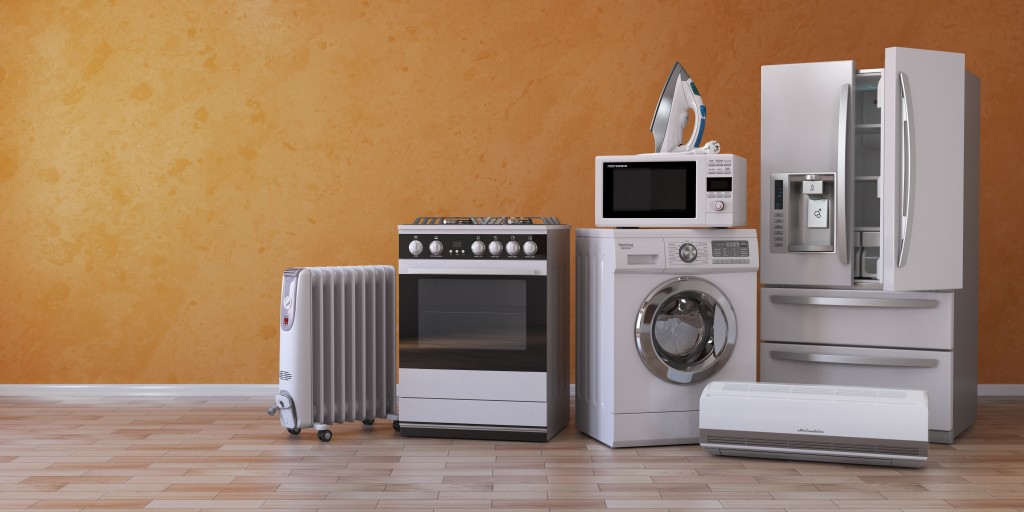Most people are working hard to achieve to finally be able to own their own houses. By being a homeowner, you can experience stability, privacy and sustainability. One can leverage on equity, enjoy tax deductions and even get to build the home you want and need. But this is not to say that homeownership is all unicorns and rainbows.
For one, you will need to invest in a considerable amount of cash before you can claim ownership of the house. Equity takes time to grow and there is less mobility compared to renting. Another is the costs that come with owning your own house.
Maintenance and repair costs, utility bills, etc. can quickly add up. If you are not careful, you can end up paying for more for simply owning a home. If you are guilty of the following, then you are already losing money than necessary.
Skimping on home maintenance
Do you often skip maintenance tasks or forgo repair and maintenance jobs in exchange for temporary fixes? Homeowners have varying reasons why most end up dragging their home maintenance and repair tasks. Some do this due to financial reasons while others because of their lack of time and experience.
Skimping on maintaining and repairing your home can lead to bigger issues that usually cost more. So, make it a point to stay on top of your home maintenance. If you have no time or experience to tackle a project, it would be better to ask for help from the pros.
Also, make sure to choose your battles and know when you can safely DIY or not. For instance, when insulating your home, do your research and see which tasks you can do yourself. Look for local stores that sell dry lining tools, for example. When buying any materials and equipment, always choose quality over quantity.
Nursing old appliances and fixtures

Your choice of fixtures and appliances you keep in your home can greatly affect your energy consumption. The older your appliances are, the less energy-efficient they will be. The same goes for your water fixtures and lighting fixtures. Incandescent lights consume more energy than you might want. As for water fixtures, regular toilets, faucets and showerheads use more water than needed.
Investing in energy-efficient appliances is a great way to lower your energy bill. When shopping for appliances, go for those with a Energy Star label. Instead of incandescent lights, choose LEDs and CFLs instead. For your water fixtures, invest in low-flow ones to conserve more water in the process.
Investing in unnecessary home upgrades
Some think the best projects can increase home value. Others would rather invest in things that will make the house cozier and convenient. For some, it can mean making changes to make their home look better. Some invest in projects to make the house more efficient.
If you improve your home too much, you can end up spending more on things that can’t help you live in a better, more beautiful and more valuable home. Before you upscale or upgrade, think of the pros and cons first. Consider your needs, your future plans and your budget.
Every decision a homeowner makes can have an impact on their expenses. If you want to lower the cost of your homeownership, make sure to stay on top of your maintenance tasks. Invest in the right home upgrades and make efficient home improvements.

